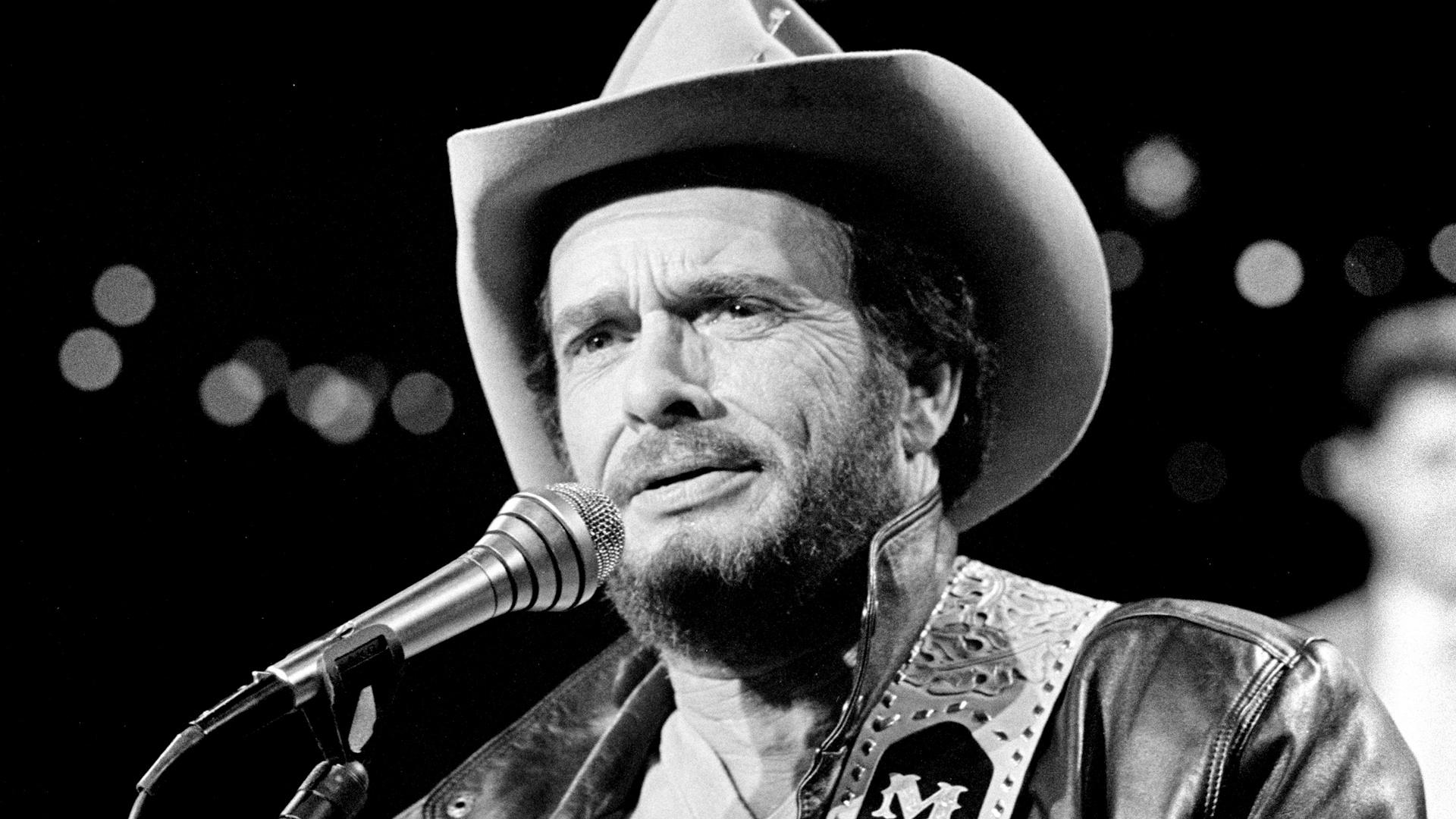
About the Song
Some songs don’t just tell a story—they carry a truth, quiet and heavy, that lingers long after the music fades. “Sing Me Back Home” by Merle Haggard is one of those rare works of art. Released in 1967, the song is more than just one of Haggard’s finest—it stands among the most hauntingly honest and emotionally affecting recordings in all of country music. Rooted in his personal experience and delivered with a raw, unflinching grace, it’s a ballad that brings the listener face to face with the power of memory, redemption, and the music that outlasts our time on earth.
The setting is stark and unforgettable: a prison, a condemned man walking toward execution, and one last request—not for absolution, not for mercy, but for a song. “Sing me back home with a song I used to hear / Make my old memories come alive…” In just a few lines, Haggard pulls us into a world where time is short, but the longing for the comfort of the past is infinite. It’s a moment of unbearable humanity, made bearable only by music.
Merle Haggard, who had served time himself at San Quentin State Prison, didn’t write this from imagination—he wrote it from lived experience. The song was inspired by a fellow inmate and friend, Jimmy “Rabbit” Kendrick, whose real-life walk to the death chamber left an indelible mark on Haggard’s soul. That emotional weight is felt in every word he sings. His voice doesn’t reach for dramatic effect—it resonates with quiet sorrow, respect, and a deep sense of dignity for those often left unseen by society.
Musically, the arrangement is spare and gentle: steel guitar, soft acoustic lines, and a steady rhythm that never distracts from the story. It moves slowly, deliberately, as if each note is offering space for reflection. It’s not a performance—it’s a prayer.
“Sing Me Back Home” isn’t just about prison or punishment—it’s about the universal longing for home, for forgiveness, and for something beautiful to carry us across the hardest thresholds of life. It asks nothing more than to be remembered with a song, and in doing so, it reminds us why music matters. In our final moments, when everything else fades, it is often a familiar melody that brings us peace.
For those who understand that the most profound songs are not always the loudest, this track stands as a quiet giant. Merle Haggard gave country music many things—grit, grace, poetry—but with “Sing Me Back Home,” he gave us a masterpiece of compassion, shaped by personal pain and elevated by eternal truth. It’s not just a song—it’s a benediction.